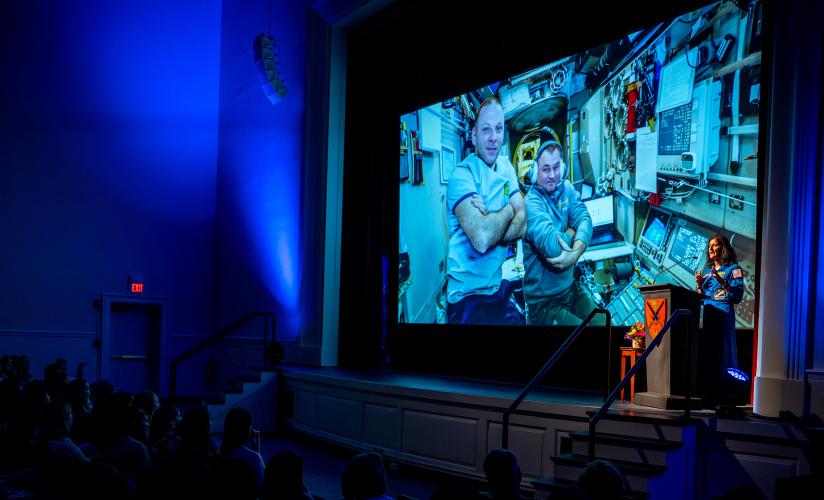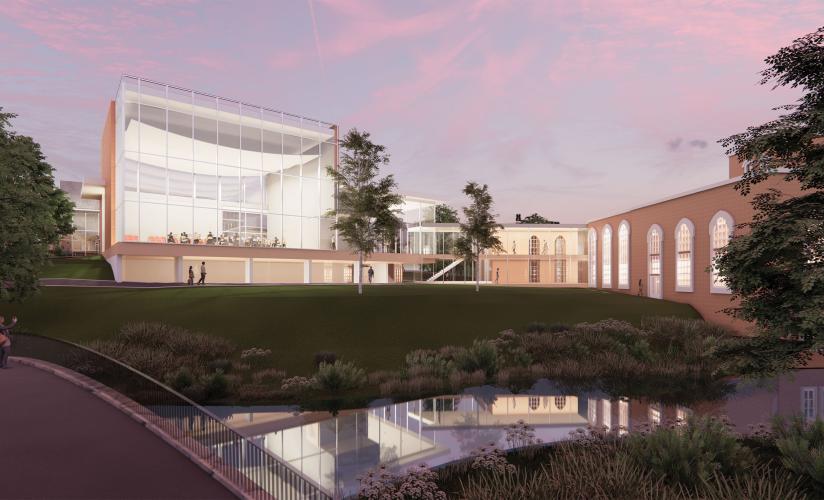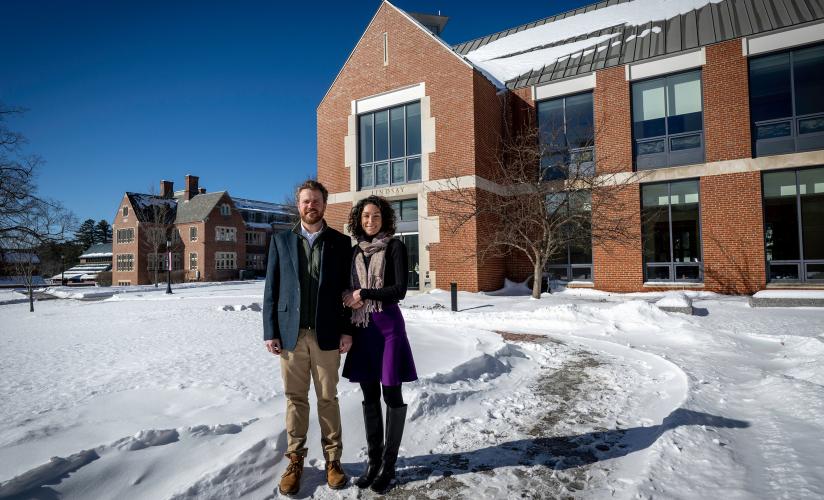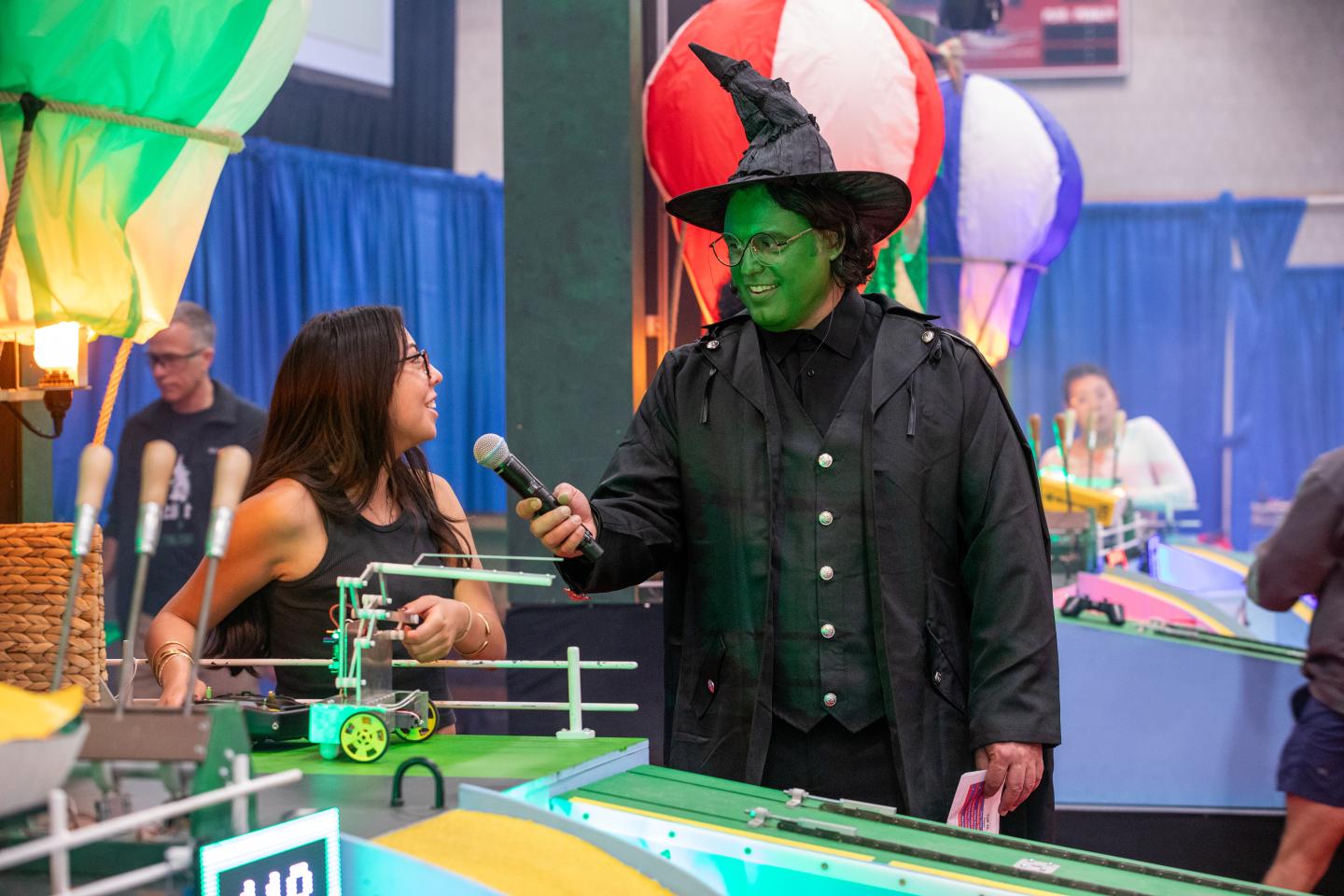

Amos Winter ASP’98 found his passion for science building a pipe organ during a transformative summer program.
BY DAVID MOORE
When Keene High School junior Amos Winter arrived on the St. Paul’s School campus for the summer Advanced Studies Program (ASP) in 1998, he felt like a kid in a candy shop. Not only could he choose from 10 extremely cool interdisciplinary courses — he chose The Physics of Sound and Music — he got to “geek out and celebrate being smart” for five weeks with some 220 other rising seniors from public schools across New Hampshire.
“Oh, my God, there are people like me … people who love to learn and pursue all their interests,” he recalls saying to himself. “It was the most intellectually liberating time in my entire life. At the time I thought it would build momentum I could take into college, which it did. But it did so much more. It was a turning point, an intellectual awakening that I have carried with me to this day. It holds a special place in time for me.”
Today, Winter holds the Germeshausen chair and is a professor of Mechanical Engineering at the Massachusetts Institute of Technology, a platform if ever there was one for passing along the same passion for learning he absorbed at ASP to new generations of students. And that’s pretty much what he’s doing, starting with how he teaches.
Winter says the ASP not only prepared him for success at Tufts, where he earned a bachelor of science in mechanical engineering, it also prepared him for his doctorate in the discipline at MIT, a level of academic pursuit that he describes as putting a premium on creativity and personal initiative rather than studying and being good at taking tests.
“At St. Paul’s our teachers tried to expose us to the content of real life,” he explains. “If you took Ecology, you spent a bunch of time trudging around swamps. If you took a politics class, you talked with members of Congress.” Winter got a taste for teaching in 2004 as a teaching intern for the program’s ahead-of-its-time class in artificial intelligence, working with former St. Paul’s School faculty member Terry Wardrop SPS’73, who described him at the time as more co-teacher than intern — an enthusiastic mentor and role model who was committed to making the total experience as memorable and important as his ASP experience had obviously been when he was as a student. In 2006, he returned to the program to teach Introduction to Engineering — cementing the real-life content of that class with a trip to Boston’s Fenway Park.
Getting his MIT undergraduates off on the right foot is a priority for Winter rooted in his experiences as a student and teacher at the ASP. At MIT, Winter teaches 2.007 Design in Manufacturing I, a historic course once taught by Woodie Flowers that laid the groundwork for an event most mechanical engineering enthusiasts have heard of: the FIRST Robotics Competition Flowers co-founded with Dean Kamen. Winter’s class requires each student to design and build a robot from scratch, building, fabricating and machining it into existence.
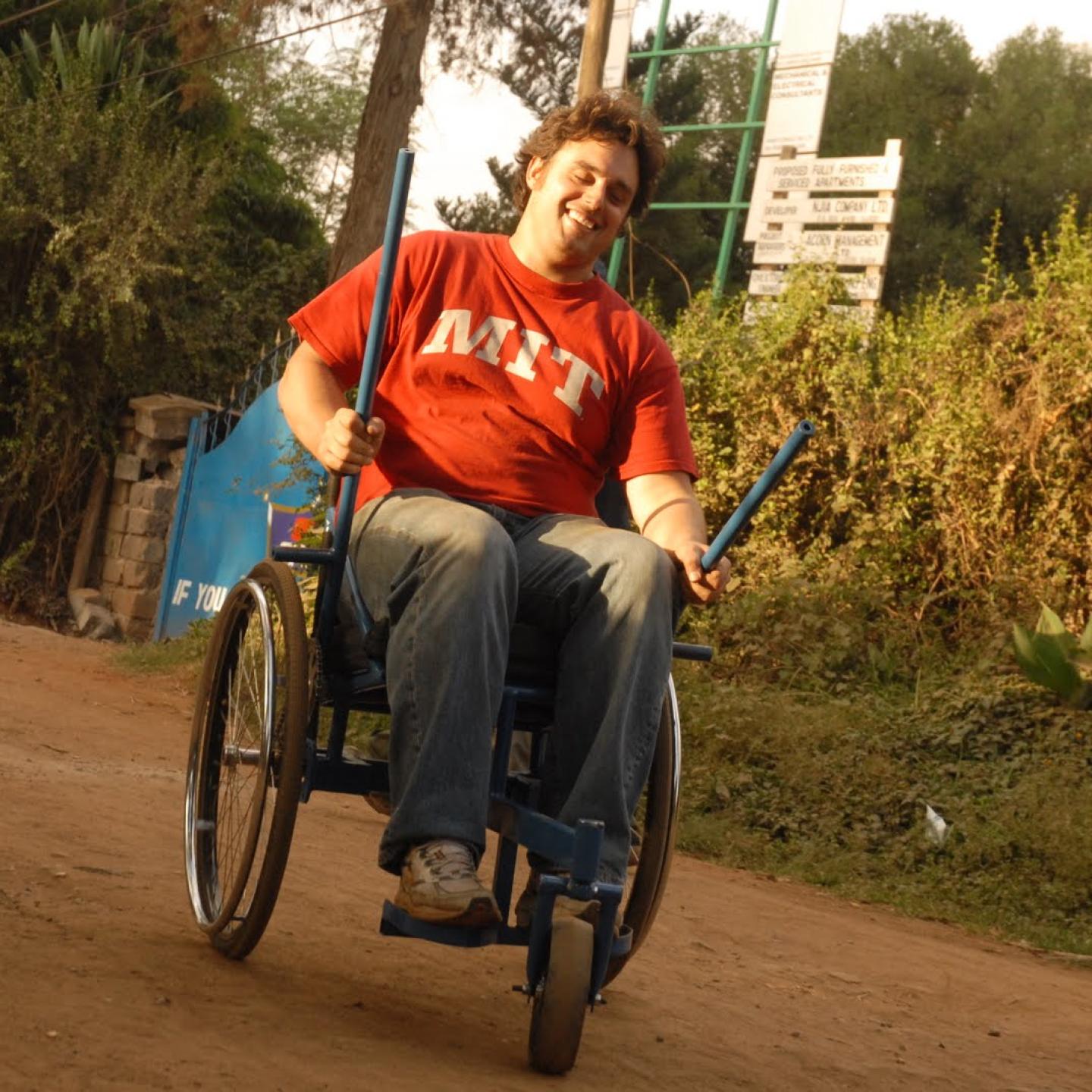
At the time I thought it would build momentum I could take into college, which it did. But it did so much more. It was a turning point, an intellectual awakening that I have carried with me to this day. It holds a special place in time for me.”
“I like to think that my students enjoy an intellectual awakening of their own in this class,” says Winter, who this year dressed up as Elphaba from “Wicked” to emcee a 2.007 robotics competition built around the theme of applying (rather than defying) gravity. “It’s often their first time engineering anything. And it’s also the first experience most of them have in deviating from the recipe of applying mathematical theory to the real world. We do the opposite and start with something real and only then learn how theory may apply to it.”
This approach of adapting theory to real-world problems forms the basis of a book Winter co-authored with Vijay Govindarajan called “Global by Design: How to Create Innovations That Scale, Travel, and Transform.” The book, which comes out next year, explores strategies for applying low-cost and highly effective solutions to some of the world’s biggest life and death problems, such as access to clean water and sanitation in under-resourced countries.
Winter has himself created a number of such solutions, including the Leveraged Freedom Chair, a motorless all-terrain wheelchair that is easy to operate, inexpensive and can be used to improve mobility for people around the world.
Another notable St. Paul’s tradition informs Winter’s approach to educating tomorrow’s engineers: the Aeolian-Skinner pipe organ in the Chapel of St. Peter and St. Paul. Each semester, Winter treats his class to a final lecture called “For the Love of Mechanical Design.” In it, he takes the class through a tour of real-world engineering examples from his own life that are interconnected in surprising ways, including the final project he did at the ASP: a single-octave, one-stop pipe organ that ran off a vacuum cleaner running backward.
To learn how to make his organ, Winter literally immersed himself in the Chapel organ, the 6,000 pipes of which comprise the biggest organ in the state of New Hampshire.
“I got to go inside of it,” says Winter. “It was the most immersive musical and engineering experience you could ever ask for. It’s literally a machine. You can hear all the valves ticking and the compensator bellows moving and you’re enveloped by the sound.”
Against the background music of the organ belting out Bach’s “Toccata and Fugue in D Minor,” Winter brings the semester to a close with the recitation of a poem he wrote — one that ends with an homage to the creative potential of mechanical engineering:
And pulling out with all the stops
Full organ blares in this facade
Six thousand pipes all sing at once
And with their voice bring men to god.
All the stops, indeed.
“That’s an important term,” notes Winter. “The stops are the little plungers that control the different banks of pipes, and so when you put it on full organ, you literally are pulling out all the stops.”
It’s also an apt metaphor for a life fully lived in a world with which he became so purposefully engaged in Concord all those summers ago.

